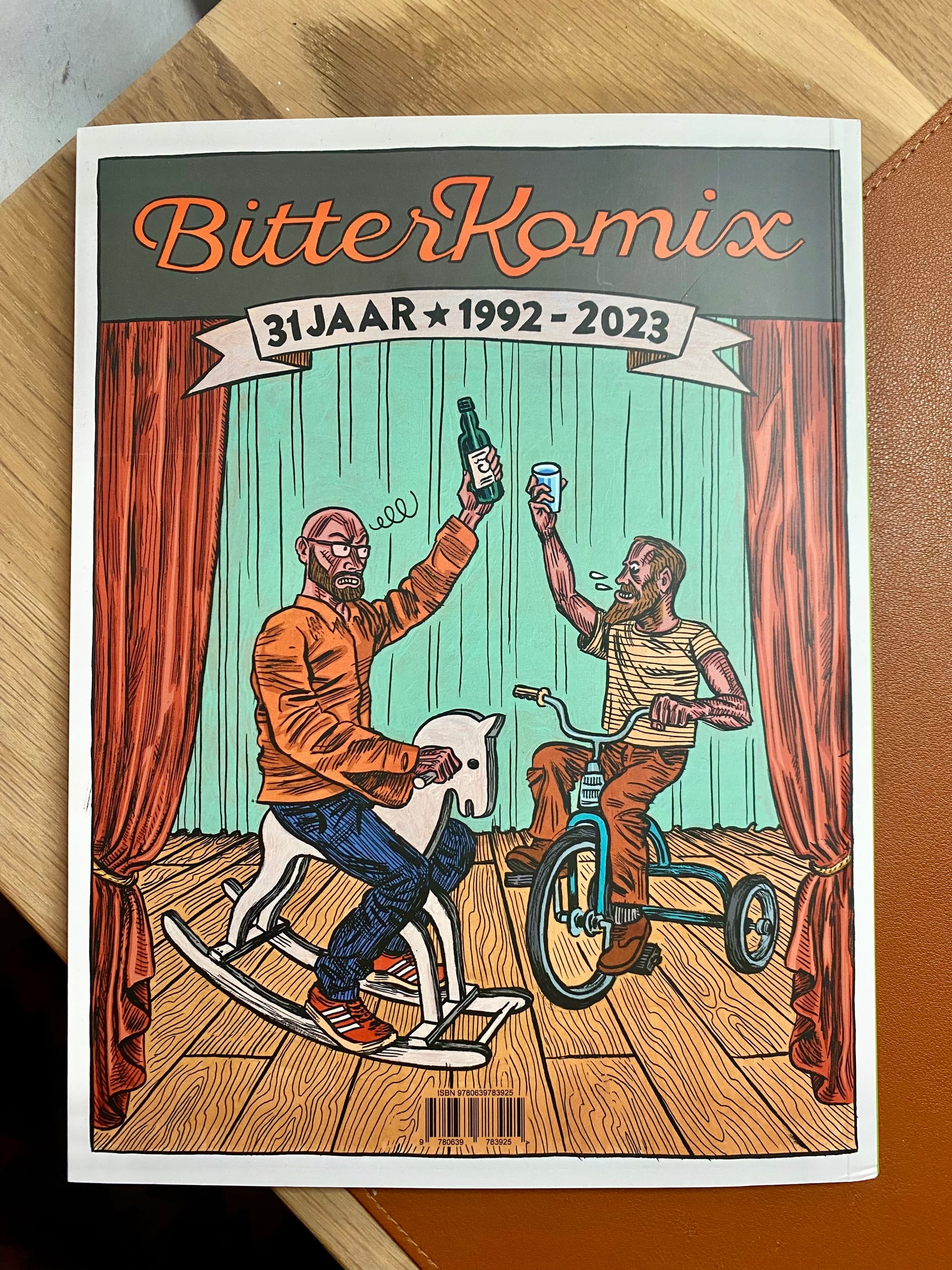Nauseatingly sweet strategy
Incorporating light and shade into exploratory thinking adds richness and depth.

It's not clear as to why this is predominantly the case, but it is very seldom that the outcome of a strategy workshop is a general consensus to explore an idea that is truly dark and risqué.
Generally - and this observation is a personal one, having facilitated many discussions with all sorts of different types of organisations and people - the words and ideas that get throw around and explored under the banner of "strategy" are all very clean and nice and positive.
The ideals most executives are comfortable to consider in polite company are always rather superficial; which has always felt to us... like a lie, and a totally missed opportunity.
People are complex beings, and as much as we'd like to admit that our intentions are pure and noble and straight out of the book of Psalms - the reality is that perfect, sweet sounding words and ideas are incredibly boring and risky.
By just exploring a reality that is accompanied by pictures of fluffy puppies, critical thinkers and designers of the new are purposefully turning away from "shadow' concepts that hold a sharp edge - that effectively counterbalance the hollow, PR-worthy notions that present so nicely on a placard that everyone ignores.
Many useful ideas seriously worth playing around with can only be found in dark places.

To use a rather loose analogy to illustrate; it's the contrast between a Tintin comic book and Bitterkomix.
There are only so many times a small Frenchman with a fluffy dog can go to the moon, but deranged, drunk characters exploring the limits of decency give themselves permission to go anywhere they damn well please.
Tintin is pleasant - but forgettable, Bitterkomix cannot be ignored.
Incorporating light and shade into exploratory thinking adds richness and depth. By adopting a boldness to explore all of what is available, there is an acceptance that blindspots exist and that active ignorance of them can be misguided.
Futurists like to consider high-impact, unlikely future events - called "wildcards" - to further validate the robustness of their scenarios.
Some strategists actively try to stress test their approaches by subjecting their work to a "red team" attacks to check for weaknesses in their thinking.
Strategy is not PR - you're not trying to get your mother to feel proud of you.
In order to achieve a useful level of distinctiveness on a competitive landscape, those tasked with the job are required to interrogate a multiplicity of options. Doing this holistically sometimes requires a decent into darker realms.
Being open to this will make the strategy outcome so much better, even if most of the work might never see the light of day on the other side.

